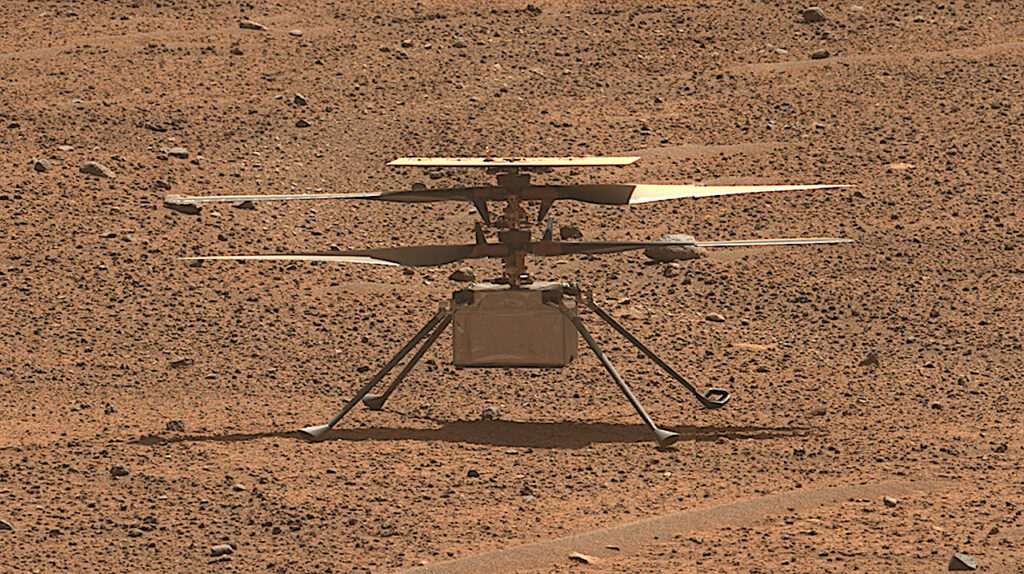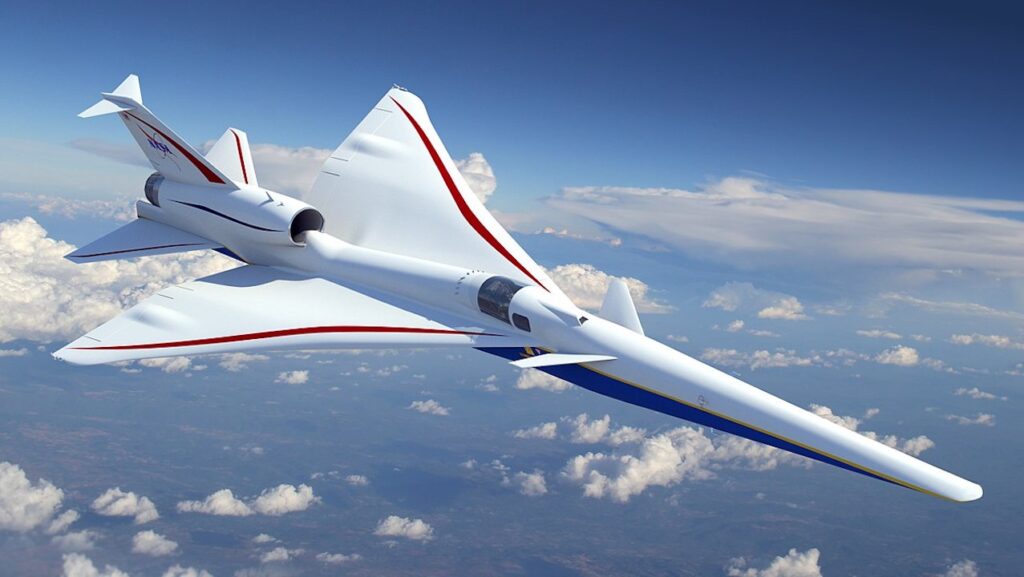Hot-Fire Test Includes First Ever 3-D Printed Part
 Hot-Fire Tests Steering the Future of NASA’S Space Launch System Engines, NASA
Hot-Fire Tests Steering the Future of NASA’S Space Launch System Engines, NASA
“Engineers developing NASA’s next-generation rocket closed one chapter of testing with the completion of a J-2X engine test series on the A-2 test stand at the agency’s Stennis Space Center in Mississippi and will begin a new chapter of full motion testing on test stand A-1.
… The March 7 test, which set the short-lived duration record, was remarkable for another reason in that it marked the first time a 3-D printed part was hot-fire tested on a NASA engine system.
The prime contractor for the liquid engine, Pratt & Whitney Rocketdyne of Canoga Park, Calif., built a maintenance port cover for the 10002 engine using an advanced manufacturing process called Selective Laser Melting. This construction method uses lasers to fuse metal dust into a specific pattern to build the needed part.”







Pretty cool stuff. I’m always interested in 3D Printing beyond just its uses with plastics.
Heck yeah, 3D printing metal, now we’re talking!
Key words here “on a NASA engine system”. Pretty sure Space-X has been doing this for a while already.
Exactly. I’ve seen the SpaceX titanium/stainless printers. I was under the impression this was part of their cost savings measures – use of computerized fabrication. I was really impressed by the automated composite cutter used for making the rocket shell.
Sorry NASA haters… SpaceX doesn’t use printed parts on their flight hardware. Just on ground tooling and support systems. This really is a big step for the rocket industry.